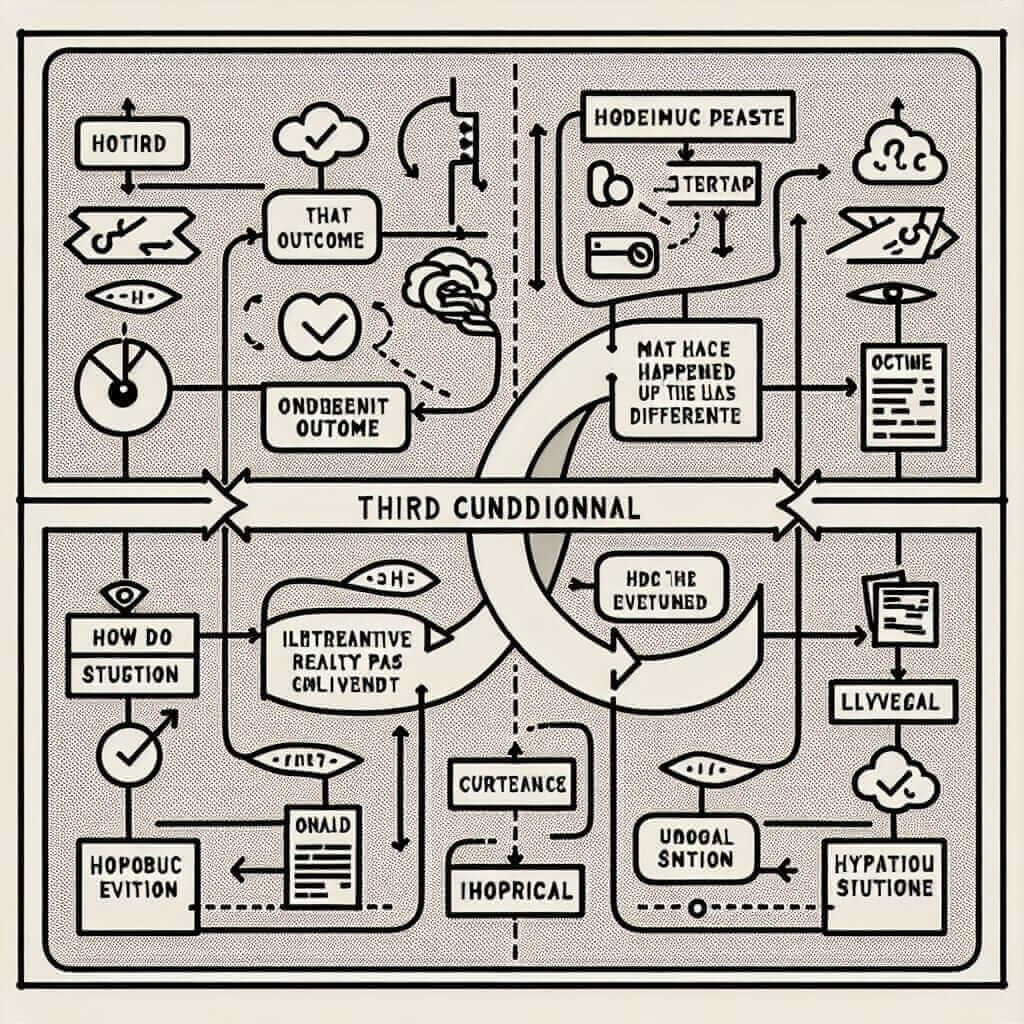Many IELTS candidates find themselves intimidated by complex grammatical structures, especially those involving conditional sentences. One such structure that often trips them up is the third conditional, exemplified by the phrase “Had it been planned better, it would have worked.” This article will delve into the intricacies of this structure, equipping you with the knowledge and skills to wield it confidently in your IELTS exam and achieve a band score of 7 or higher.
Nội dung bài viết
Let’s look at a few examples of how this grammatical structure can be used in the context of the IELTS exam:
Speaking Part 3:
Examiner: What are some of the challenges faced when organizing large international events?
Candidate: Well, one major challenge is logistics. Had the recent Olympic Games been planned better, with more efficient transportation and accommodation arrangements, perhaps there would have been fewer complaints from athletes and spectators.
Writing Task 2:
Some people believe that learning a foreign language is essential in today’s globalized world, while others think it is not necessary. Discuss both views and give your own opinion.
Many argue that learning a foreign language is unnecessary. However, had historical figures like Cleopatra not been multilingual, perhaps pivotal diplomatic agreements would have failed, hindering global progress.
Listening Section 4:
(In a lecture about a historical event)
“… The expedition was plagued with unforeseen problems. Had the team packed more supplies and planned their route more meticulously, they might have avoided disaster.…”
Understanding the Third Conditional
The third conditional is used to talk about hypothetical or imaginary situations in the past. It expresses a past event that did not happen and its imaginary consequence. This structure is particularly useful for:
- Expressing regret or criticism about past actions (or lack thereof).
- Analyzing past events and speculating about alternative outcomes.
- Adding a layer of complexity and sophistication to your speaking and writing, showcasing your command of advanced grammar.
The Formula and Its Application
The basic formula for the third conditional is as follows:
If + past perfect, would have + past participle
This can be inverted to:
Had + subject + past participle, subject + would have + past participle
Let’s break it down:
- “Had it been planned better…” – This part of the sentence sets up the hypothetical past situation.
- “Had” replaces “If” in this inverted structure.
- “Been planned” is the past participle of “to be planned,” used here in the passive voice to emphasize the action of planning rather than the agent.
- “…it would have worked.” – This part states the imaginary consequence in the past.
- “Would have worked” indicates the imagined outcome if the condition (better planning) had been met.

Applying the Third Conditional in IELTS
Here’s how you can effectively incorporate this structure into different sections of the IELTS exam:
Speaking:
- Speaking Part 2 (Describe a time you had to change your plans): “I was supposed to go on a hiking trip, but the weather took a turn for the worse. Had I ignored the forecast and gone anyway, I might have gotten caught in a storm!”
- Speaking Part 3 (Discuss the importance of learning from mistakes): “History is full of examples where poor planning led to disastrous outcomes. Had the leaders of those times considered the potential consequences of their actions, many conflicts could have been avoided.”
Writing:
- Task 1 (Describing a process with a hypothetical past change): “If the initial design had been more energy-efficient, the building would have consumed less electricity.”
- Task 2 (Discussing the impact of historical events): “Had the printing press not been invented, the spread of knowledge and ideas during the Renaissance would have been significantly slower.”
Listening:
- Be prepared to identify and understand the third conditional when it is used in lectures, conversations, or news reports.
Elevating Your Score: Advanced Usage and Variations
To truly impress the examiner and aim for a higher band score, consider these advanced applications of the third conditional:
- Mixed Conditionals: Combine the third conditional with other conditional structures to express more complex hypothetical situations. For example: “Had I studied harder for my exams, I would be at a better university now.” (This mixes the third conditional with the second conditional)
- Modal Verbs: Use modal verbs like “could have,” “might have,” or “should have” in place of “would have” to express different degrees of certainty or obligation. For example: “Had the government invested more in renewable energy, we might have averted the current climate crisis.”
Common Errors and How to Avoid Them
Here are some common mistakes candidates make with the third conditional:
- Incorrect Verb Tense: Using the wrong tense in either clause will disrupt the meaning. Ensure the “if” clause is in the past perfect and the main clause uses “would have” followed by the past participle.
- Incorrect: If I had studied, I will pass the exam.
- Correct: If I had studied, I would have passed the exam.
- Using “Would have” in Both Clauses: This is a common error that creates redundancy.
- Incorrect: Had I known it was your birthday, I would have brought a gift.
- Correct: If I had known it was your birthday, I would have brought a gift.
Conclusion
Mastering the third conditional is a significant step towards achieving your desired IELTS score. By understanding its structure, practicing its application, and being aware of common pitfalls, you can confidently use this sophisticated grammatical tool to express nuanced ideas and impress the examiner. Remember to listen for this structure in the listening section and look for opportunities to employ it effectively in your speaking and writing responses.